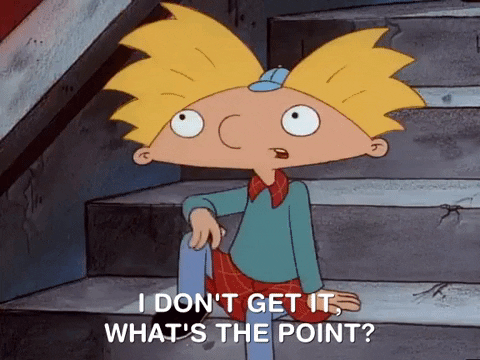For this to make sense I should say one thing first: I’m an English major. That should do a lot of the expository heavy lifting.
Aside from that, I love writing.

Over the last six months of quarantined self-reflection, I came to fully discover and accept my passion for the written word. I truly believe no form of expression better captures the nuances of human emotion and experience, and I know I can best communicate my own understanding of the world through writing. This realization didn’t come to me suddenly, but after a painful evaluation of myself, my ideals and what I want from the rest of my life. Fortunately, with this steadily developed but newfound commitment and through constant practice, schooling, and patience, I now have opportunities to share this expression with those around me on a variety of public platforms.
With my access to these platforms escalating in exposure, importance and impact, I notice myself entering a new stage of my professional and creative journey. While I am nowhere near my ideal (and hopefully ever-fleeting) golden standard, my ability to write at a level necessary to actively participate in the broadest definition of the “global conversation” no longer needs confirmation; now it needs refinement. So in addition to honing my craft, I find myself carefully searching for appropriate outlets that can appreciate, benefit from and help me grow my skills and worldview. Not that any of this will convince people I’m actually “employable” post-undergrad.
But I’m not special.

Millions of people are ‘great’ writers. So how do you truly become like the great writers we look up to?
As I begin navigating professional writing environments as a college student, I realize the answer partially lies in the value you give your own writing. Understanding your perspective and its worth will not only allow you to capitalize on it, but it will further push you to fundamentally improve your use of written language. Words alone can certainly carry beauty or impact the world in some sense, but exercising them in the right context, in the right format, on the right platform and at the right time plays an equally important role in conveying a message.
The great writers of our collective imagination may certainly still have more raw talent than you or me, but they didn’t differentiate themselves through sheer skill. Their talent came in mastery of form, of context and frankly of finding good luck.
Alright. Well, what’s the point?

Well, I don’t have it figured out. Obviously. But as a burgeoning writer and now self-professed lover of the written word, I thought to share this realization while offering my limited but hopefully understandable advice to other students in similar situations. As we work to find our voices and search for stories we want to tell, we also need to recognize the value of this talent itself. Especially as an English major, the crippling realities of limited employment (exacerbated by this horrifically looming recession) will undoubtedly force us to write empty words for corporate copy editors and Buzzfeed-core pointless publications, but to actualize our dreams of becoming one of those mythical great writers, we should never lose sight of the fundamental value of our skill. Not everyone can or wants to do this.
Voluntarily typing these words into this Google Doc right now separates me from most of the population just in terms of using the minutes of my day, but it doesn’t separate me in any deeply meaningful way. What will give this decision meaning—this decision to dive headfirst into one of the strangest, most difficult professional and creative efforts in the modern world—lies inward. The meaning should come from a sincere appreciation of the value of good writing. I understand as much as anyone that recognition of self-worth deriving from this painstakingly honed craft almost always comes at least partially from a desire to garner some kind of external validation. But don’t lose sight of the fundamental, personal value of your writing as you chase that validation, that next position or even that paycheck.
If you forget the value of your writing, you’ll inevitably forget your goal and the reason you devoted yourself to it in the first place. And after that, as with anything, what’s the point?



















